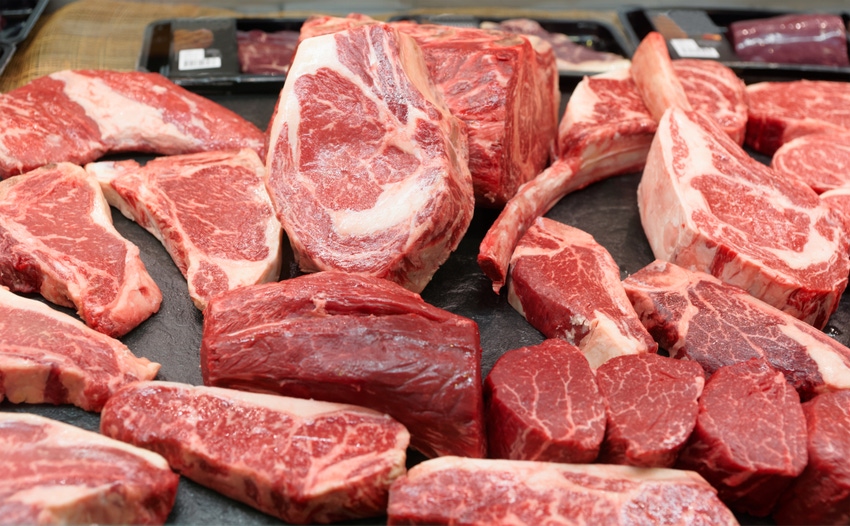
By Agnieszka de Sousa
Some of the top meat suppliers aren’t doing enough to prevent infectious disease outbreaks, underscoring the need to improve measures from biosecurity to animal welfare, a $25 trillion investor coalition said.
About three-quarters of the 60 largest publicly traded suppliers of meat, dairy, fish and eggs were deemed high risk when it comes to containing potential future zoonotic diseases, analysis from Fairr shows. More than half of the companies scored high risk on criteria including the use of antibiotics, working conditions and animal welfare, the London-based group said.
The Covid-19 crisis has highlighted poor working conditions at many meat plants, which struggled to contain the virus, and the link between animal farming and spreading diseases. A coronavirus outbreak at Danish mink farms and bird flu cases in parts of Europe recently have added to those concerns. Public health officials have also warned that the farming sector’s over-reliance on antibiotics is contributing to a growing microbial resistance.
“These intensive animal production systems are endangering our animal welfare, human welfare and environmental outcomes,” Fairr Executive Director Maria Lettini said. “Investors are now asking meat and dairy companies to do a lot more on biosecurity, working conditions and welfare standards to prevent the creation and spread of the next Covid-19.”
Other highlights:
The pandemic highlighted a lack of sufficient measures to safeguard workers and prevent supply chain disruptions.
Some 70% of companies were assessed high risk regarding the use of antibiotics, with beef and dairy firms failing to disclose information on their usage.
Animal protein suppliers aren’t doing enough to address climate change, with three in four failing to declare or set meaningful targets for greenhouse gas emissions.
About a third of the firms said emissions rose in the previous financial year, risking undermining climate pledges from the retail food industry.
Still, there are signs of progress, with a quarter of the companies now providing a full picture of their climate impact by disclosing Scope 3 emissions, which includes those created by suppliers, Fairr said. Seven companies have also pledged science-based targets for emissions reductions.
“It’s really a sector that has significant sustainability challenges,” said Michaela Zhirova, head of ESG research and products at Nordea Asset Management, which is member of Fairr. “Investors must continue to push for faster improvements.”
© 2020 Bloomberg L.P.
Read more about:
Covid 19About the Author(s)
You May Also Like




